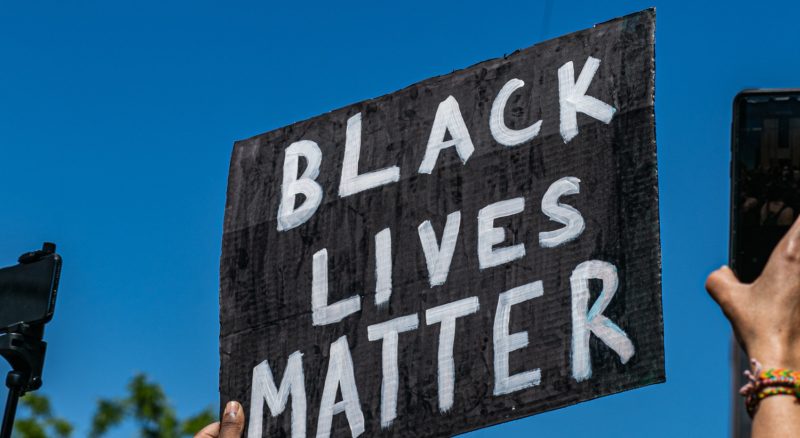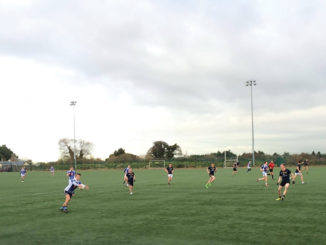
[dropcap]T[/dropcap]he DCU Students Union (DCUSU) has said it will continue to work with the Black Lives Matter (BLM) movement with students.
VP for Welfare and Equality, Dean O’Reilly, has said that “across the board, in representation in the university, there is just so much work to be done.”
He said that in the past with previous SU sabbaticals, due to the heavy workload, there was a lack of prioritisation with working to amplify the voices of black students and students on colour.
O’Reilly also said that one way to work with the BLM movement and with black students is to celebrate Black History Month, which is in October. Working groups between minority students and the SU will be established in the coming year, he also said.
With the previous referendum removing the Class Representative Council Officers (CRC Officers) from the constitution and moving them onto a schedule, O’Reilly said there is now scope to reimagine how these officers function.
Working with VP for Engagement and Development, Dylan Mangan, the SU are looking to lead a team of representatives, either through the CRC or student volunteers, to work on different minority issues, including the issues black students and students of colour encounter.
Very early talks with various societies in DCU have begun to collaborate with any ongoing projects. These societies include Breaking Borders Society, whose aim is to raise cultural awareness among students, and also the DCU Africa Society.
A week after protests first began in the US in Minneapolis, following the killing of George Floyd, the presidents of DCU Africa Soc 2020/2021, Karen Emelu and Isitjab Bahdmus, released a statement on Twitter about the experiences of black people in Ireland and the Africa Soc solidarity with the BLM movement.
“We have been told that we are worthless. we have been told we are inferior,” the tweet said. “We have been judged by the colour of our skin rather than what’s in our hearts.”
The statement also said that they offer their condolences to the victims of police brutality and to “systematically and institutionally oppressed” across the globe. The presidents ended their tweet with the final line: “we matter.”
A study conducted on people of African descent living in twelve EU countries and presented on Statist in 2018, showed that 51 per cent of black people in Ireland experienced racist harassment in the five years previous. This ranked Ireland third-highest on the list, after Luxemburg (in second place) and Finland (in first place).
On June 1st, thousands of people marched from the Spire on O’Connell Street to the US Embassy in Ballsbridge. The crowd, marching in solidarity with the protests widespread around the USA against systemic racism against black people of America, shouted “No Justice, No Peace!”.
Other protests, marches and demonstrations took place around Ireland in the following days.
Niamh Quinlan
Image Credit: Spunout.ie



